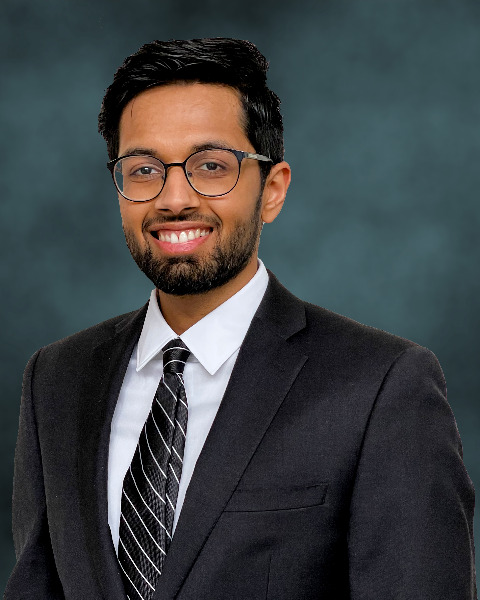Back
Poster, Podium & Video Sessions
Moderated Poster
MP10: Education Research I
MP10-03: Surgical autonomy of urology residents within the Veterans Affairs healthcare system.
Friday, May 13, 2022
1:00 PM – 2:15 PM
Location: Room 228
Janmejay Hingu*, Anh Nguyen, Kunj Jain, Newark, NJ, Devashish Anjaria, Joseph Oliver, Hossein Sadeghi-Nejad, East Orange, NJ

Janmejay Hingu, BS
Rutgers New Jersey Medical School
Poster Presenter(s)
Introduction: Surgical resident autonomy in procedures has been eroding over time due to factors such as duty hour restrictions, focus on operating time, complication rates, and trust among supervising physicians. This study examines whether urology residents at the Department of Veterans Affairs hospitals (VA) have experienced decreased surgical autonomy and what factors may contribute.
Methods: The VA Surgical Quality Improvement Program (VASQIP) was queried for the most common urologic procedures between 2004 to 2019 with resident involvement. The cases were stratified by resident involvement: attending as primary (AP), attending and resident (AR), resident as primary (RP).
Results: 127,757 urology cases were identified from 2004 to 2019. The most frequent surgeries were transurethral resection of prostate (TURP); transurethral resection of small, medium, or large tumor (TURBT); GreenLight laser of prostate (GLL); hydrocelectomy; and ureteral stent placement. These procedures accounted for 76.5% of all cases. The percentage of RP cases decreased from 31.3% of cases to 18.6%. Reduction in RP cases was seen in all seven top urology cases, particularly in ureteral stent placement which has declined from 44% RP in 2004 to 18% in 2019. Cases with resident involvement had patients with more cardiovascular, pulmonary, and infectious comorbidities. Mean operative times in all cases were not significantly different. The 30-day composite complications and 30-day return to operating room were greatest for AR. Postoperative complications of bleeding, infection, DVT, embolism, renal failure, wound dehiscence, and 30 day all-cause mortality were not significantly different.
Conclusions: Urology resident autonomy has decreased within the VA healthcare system over the past 15 years. Mean operative times and postoperative complications are not inferior in cases that involve residents as the primary surgeon. Increased focus on resident education and surgical autonomy in the operating theater is vital for training the next generation of surgeons.
Source of Funding: N/A

Methods: The VA Surgical Quality Improvement Program (VASQIP) was queried for the most common urologic procedures between 2004 to 2019 with resident involvement. The cases were stratified by resident involvement: attending as primary (AP), attending and resident (AR), resident as primary (RP).
Results: 127,757 urology cases were identified from 2004 to 2019. The most frequent surgeries were transurethral resection of prostate (TURP); transurethral resection of small, medium, or large tumor (TURBT); GreenLight laser of prostate (GLL); hydrocelectomy; and ureteral stent placement. These procedures accounted for 76.5% of all cases. The percentage of RP cases decreased from 31.3% of cases to 18.6%. Reduction in RP cases was seen in all seven top urology cases, particularly in ureteral stent placement which has declined from 44% RP in 2004 to 18% in 2019. Cases with resident involvement had patients with more cardiovascular, pulmonary, and infectious comorbidities. Mean operative times in all cases were not significantly different. The 30-day composite complications and 30-day return to operating room were greatest for AR. Postoperative complications of bleeding, infection, DVT, embolism, renal failure, wound dehiscence, and 30 day all-cause mortality were not significantly different.
Conclusions: Urology resident autonomy has decreased within the VA healthcare system over the past 15 years. Mean operative times and postoperative complications are not inferior in cases that involve residents as the primary surgeon. Increased focus on resident education and surgical autonomy in the operating theater is vital for training the next generation of surgeons.
Source of Funding: N/A


.jpg)
.jpg)